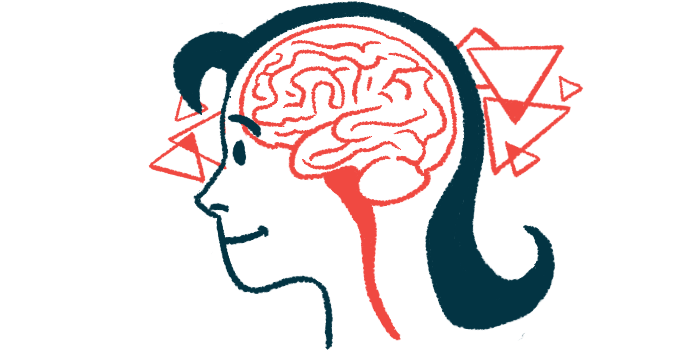DBS offers lasting motor benefits in GBA-associated Parkinson’s
Study findings support deep brain stimulation as a valid therapeutic strategy

For people with Parkinson’s disease associated with mutations in the GBA gene, deep brain stimulation (DBS) may offer lasting motor benefits and help manage impulsive-compulsive behaviors, a study suggests.
Despite experiencing faster cognitive decline following DBS when compared to patients with these mutations, most patients had not developed dementia after five years. This finding offers insight into effective long-term treatment and the “management and selection of patients for this advanced therapeutic procedure,” researchers wrote.
The study, “Are patients with GBA–Parkinson disease good candidates for deep brain stimulation? A longitudinal multicentric study on a large Italian cohort,” was published in the Journal of Neurology, Neurosurgery and Psychiatry.
Parkinson’s is known for causing motor symptoms such as tremor, slowness of movement and rigidity, but it also can lead to trouble sleeping, excess fatigue, mood changes, cognitive impairment or even dementia.
Why exactly some people develop Parkinson’s is not clear. However, some genetic factors can increase the risk of developing the disease. Mutations in the GBA gene are the most common genetic risk factor for Parkinson’s disease.
DBS is a surgical procedure that involves placing small electrodes into the deep structures of the brain. The electrodes are connected via thin cables to a pulse generator, which delivers mild electrical pulses to regulate brain activity and control motor symptoms.
The procedure can be recommended if motor symptoms are affecting quality of life despite medication, and if people are not experiencing nonmotor symptoms. However, patients’ “genetic background has not been considered so far in the decision-making process,” the researchers wrote.
While it’s been reported that people with GBA-associated Parkinson’s are more likely to experience cognitive decline following DBS, recommendations for this patient population “remain inconclusive,” the researchers wrote.
Research conducted in Italy
To study the long-term outcomes of DBS in those with GBA-associated Parkinson’s, the researchers drew on data from 365 people with Parkinson’s, mean age 63.4, who underwent the procedure on both sides of the brain at nine centers across Italy.
A total of 73 (20%) patients carried mutations in the GBA gene.
People with GBA-associated Parkinson’s (45 men, 28 women) were younger and had began to manifest symptoms of Parkinson’s earlier than those without GBA mutations.
They also had undergone DBS at a younger age (53.9 vs. 58.2 years) and were more likely to have a family history of Parkinson’s (36.1% vs. 20.4%) and to experience dyskinesia (involuntary movements) and orthostatic hypotension (a sudden drop in blood pressure when standing up).
“Mutations in GBA are the most relevant genetic risk factor for [Parkinson’s], and are associated to earlier onset, more rapid disease progression, earlier cognitive decline and increased burden of non-motor symptoms,” the researchers wrote.
Both groups show significant reductions
One year following DBS, both groups showed a significant reduction in dyskinesia, motor fluctuations, and off episodes, in which motor symptoms are no longer effectively controlled with levodopa — the mainstay of Parkinson’s medication — and re-emerge.
Of the 365 people with Parkinson’s, 173 were followed for up to five years after DBS, including 32 with GBA-associated Parkinson’s. DBS continued to offer motor benefits, with a still significant reduction in dyskinesia and off episodes.
However, both groups experienced cognitive impairment, which worsened over time. This was assessed using the Mattis Dementia Rating Scale (MDRS), where lower scores indicate worse cognitive performance.
People with GBA-associated Parkinson’s had a significantly more marked deterioration of cognition, which was already evident after three years. After five years, those with GBA mutations performed worse and scored on average about eight points short of those without such mutations. It also was more common for these patients to go on to develop overt dementia (25% vs. 11%).
In both groups, there was a significant reduction in impulsive-compulsive behaviors for up to five years following DBS.
GBA testing should be part of diagnostic workup
“Our findings support the role of DBS surgery as a valid therapeutic strategy also in patients with [Parkinson’s] carrying GBA mutations, with long-term clinical benefit on motor performance,” the researchers wrote, suggesting that GBA testing should be included as part of the diagnostic workup.
“Knowledge of the GBA genotype [genetic makeup] could help towards a better clinical management since the early stages of the disease,” allowing for “a better choice and timing of both pharmacological and advanced therapies,” the researchers concluded.







